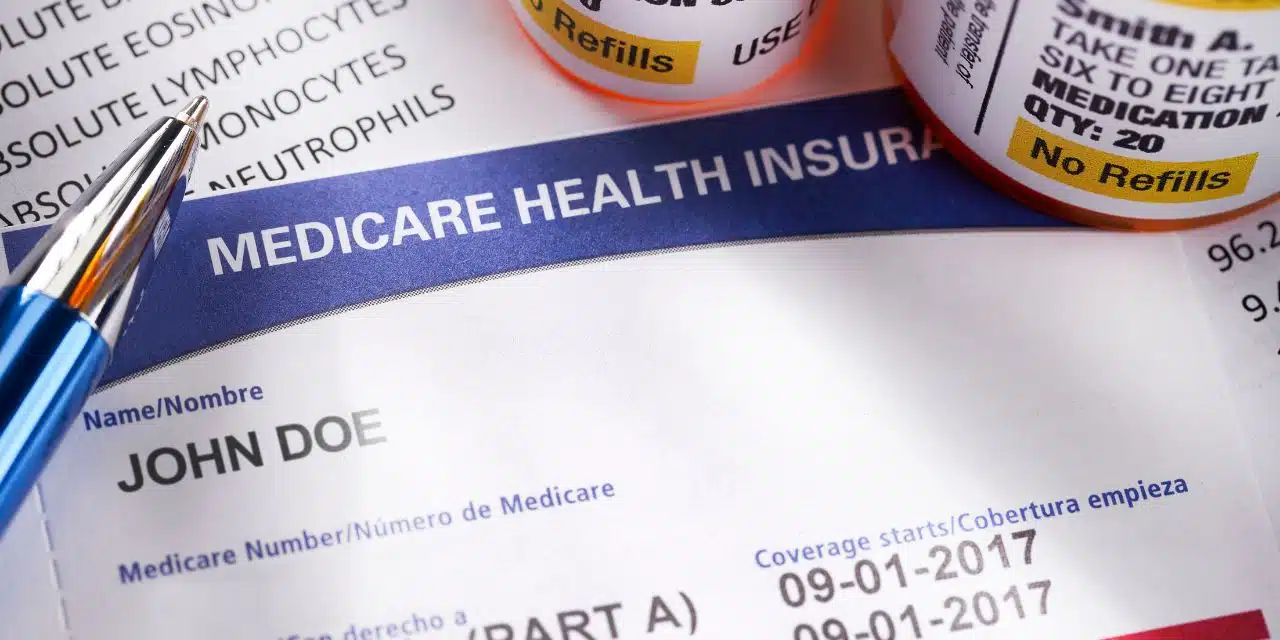Key Takeaways
- Medicare will not cover obesity drugs like Wegovy and Zepbound under Part D.
- The Biden-era proposal was dropped by the Trump administration.
- The decision impacts over 3 million seniors who could have gained access.
- Costs and legal limitations were major factors in the rejection.
- Some patients may still qualify under other diagnoses, like heart disease or diabetes.
Medicare Drops Plan to Cover Obesity Drugs Like Wegovy and Zepbound

A proposal to allow Medicare coverage of anti-obesity drugs such as Wegovy and Zepbound has been officially dropped by the Centers for Medicare and Medicaid Services (CMS), dealing a setback to advocates hoping to expand access to weight-loss treatments for millions of Americans.
The rule, originally introduced by the Biden administration in November, would have allowed Medicare Part D to cover GLP-1 medications for obesity. These drugs are already covered for patients with related conditions like diabetes or heart disease. However, President Trump’s administration decided not to move forward, despite polling showing broad public support for expanded Medicare and Medicaid coverage.
Why Medicare Dropped the Coverage Expansion
CMS did not provide an explanation for halting the rule. A fact sheet issued Friday indicated the agency may revisit the issue in the future after reviewing clinical data and fiscal implications.
“We’re just back to the status quo,” said Juliette Cubanski, deputy director of Medicare policy at KFF. “People on Medicare who need these drugs now must pay out of pocket.”
Under existing law, Medicare is prohibited from covering drugs used solely for weight loss. The Biden administration sought to reinterpret that restriction by defining obesity as a treatable chronic condition. The change could have expanded access to 3.4 million Medicare beneficiaries diagnosed with obesity.
Cost Was a Key Obstacle
The proposed expansion faced steep opposition due to its projected cost. Covering GLP-1 obesity drugs under Medicare would have added $25 billion to federal healthcare spending over the next decade, according to government estimates.
Meanwhile, the broader proposal to include Medicaid coverage would have cost the federal government $11 billion, with state governments absorbing an additional $3.8 billion. Many state Medicaid directors voiced concerns, warning that the expansion could strain already tight budgets.
| Projected 10-Year Costs (2025–2035) | Estimated Cost |
|---|---|
| Medicare obesity drug coverage | $25 billion |
| Medicaid federal share | $11 billion |
| Medicaid state share | $3.8 billion |
Source: CMS Fact Sheet, 2025
Who Still Gets Coverage?
Although Medicare won’t cover obesity drugs for weight loss alone, it does pay for GLP-1 medications if prescribed for other health conditions. For example:
- Patients with heart disease may be eligible if the drug helps reduce cardiovascular risk.
- People with type 2 diabetes are often covered under existing guidelines.
Some states are expanding access independently. At least 13 state Medicaid programs now cover Wegovy and similar drugs for obesity, and more are expected to follow.
Private employers have also begun to adapt. A 2024 Mercer report found that 44% of U.S. companies with 500+ employees now cover obesity drugs.
Why the Decision Matters
GLP-1 medications like Wegovy (Novo Nordisk) and Zepbound (Eli Lilly) have shown significant weight loss results in clinical trials. Proponents argue that long-term use could reduce costly health conditions like stroke, heart attack, and diabetes, making them a good investment for federal health programs.
“Treating obesity upfront could prevent billions in future spending,” said a spokesperson for the Obesity Action Coalition.
Still, critics worry about runaway costs. A month’s supply of Wegovy carries a list price of $1,350, while Zepbound costs over $1,000. Even with rebates, these drugs remain unaffordable for many Medicare beneficiaries without coverage.
What’s Next for Medicare and Obesity Drug Access?
CMS stated it may reevaluate the policy in the future. That could happen if:
- New clinical data shows broader benefits.
- Additional FDA approvals expand the drugs’ indications.
- Cost-effectiveness studies change budgetary perspectives.
But for now, Medicare beneficiaries who are obese but otherwise healthy must pay for these medications out of pocket, a cost that is likely out of reach for many seniors.

